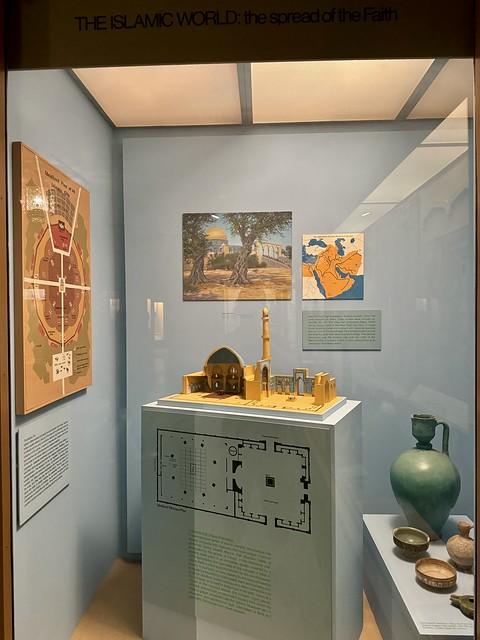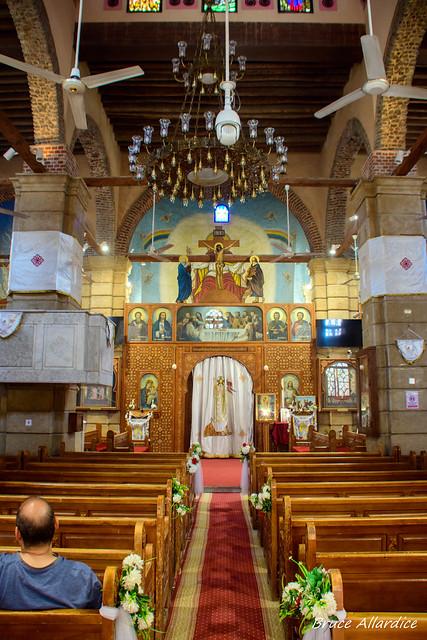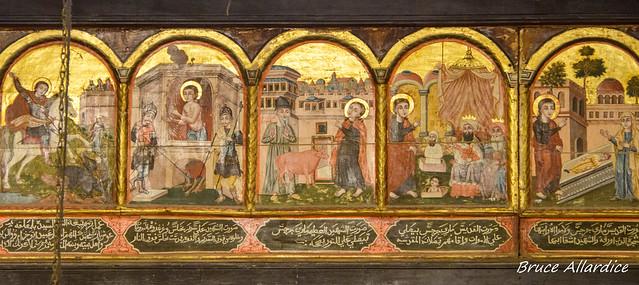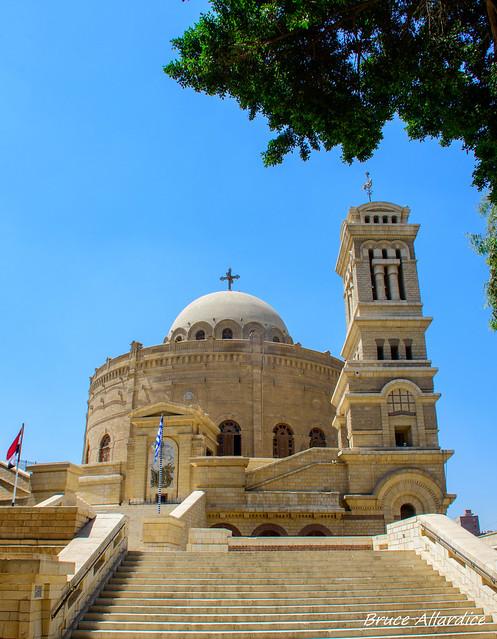



Fustat
Overview
Fustat: A Tapestry of History
Fustat, the first capital of Islamic Egypt, stands as a testament to the rich tapestry of history that defines Cairo. Founded in 641 AD by the Arab general Amr ibn al-As, it served as a vital center of administration and culture during the early Islamic period. Today, while much of its original structure has faded into history, the remnants and archaeological sites offer visitors a glimpse into a vibrant past. The city is an amalgamation of ancient architecture, Islamic art, and bustling marketplaces, providing a unique atmosphere that merges the old with the contemporary.
The Cultural Mosaic of Fustat
Fustat is a melting pot of cultures, where traditional Egyptian customs intermingle with influences from various civilizations that have passed through its streets. The local culture is deeply rooted in Islamic traditions, which can be seen in the numerous mosques that populate the area, including the magnificent Mosque of Amr ibn al-As, the oldest mosque in Egypt. The atmosphere is enriched by the presence of artisans and craftsmen who continue to produce handmade goods, from textiles to ceramics, often using techniques passed down through generations. Visitors can wander through the lively streets, absorbing the sounds of bargaining merchants and the aroma of spices wafting from nearby stalls.
Historical Significance and Archaeological Wonders
The historical significance of Fustat is palpable, with archaeological sites that encapsulate various epochs of Egyptian history. The remnants of the ancient city, including the ruins of the Great Mosque and other Islamic structures, provide insight into the architectural prowess of the time. The nearby Coptic Museum showcases the rich heritage of Egypt’s Christian community, offering another layer to the city’s diverse history. Moreover, Fustat is close to the famous site of Al-Muizz Street, known for its stunning medieval Islamic architecture, making it an essential stop for history enthusiasts keen on exploring Cairo’s Islamic heritage.
Local Characteristics and Everyday Life
Fustat is bustling with life, where the old-world charm meets the vibrancy of modern-day Cairo. The streets are lined with local shops, cafes, and eateries offering traditional Egyptian cuisine. Travelers can enjoy dishes such as koshari, falafel, and sweet pastries like basbousa while engaging with friendly locals who are often eager to share stories about their city. The atmosphere is dynamic, especially during festivals and religious events, where the community comes together to celebrate with music, dance, and food, creating an infectious spirit that envelops visitors.
Accessibility and Exploration
For those wishing to explore Fustat, the city is conveniently located near Cairo's central districts, making it easily accessible by public transport or taxi. Walking through its streets is one of the best ways to absorb its ambiance, allowing travelers to discover hidden gems, from quaint cafes to quiet courtyards. Guided tours are available, providing deeper insights into Fustat’s historical significance and cultural nuances, ensuring a richer understanding of this remarkable city that played a pivotal role in shaping Egypt’s history.
Other towns or cities you may like in Egypt
Explore other cities that share similar charm and attractions.



